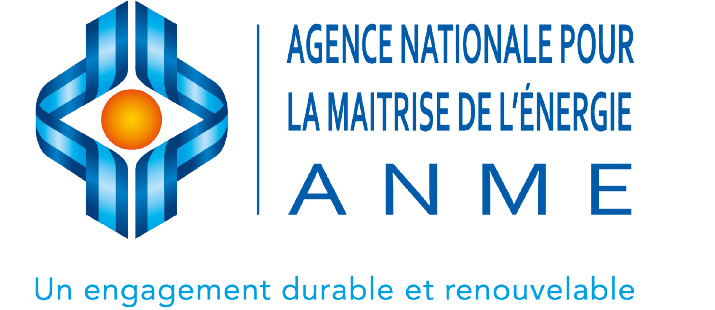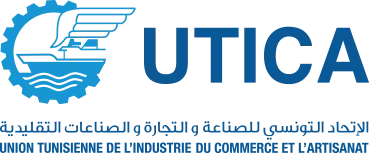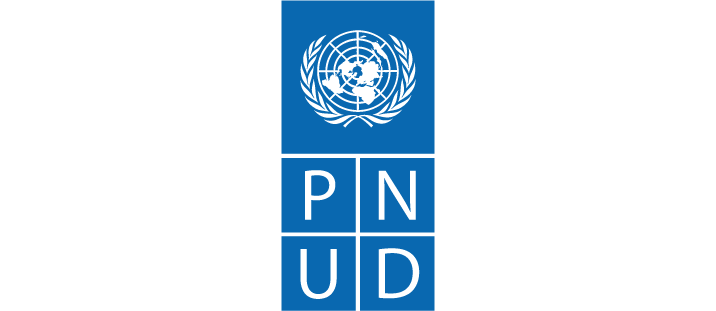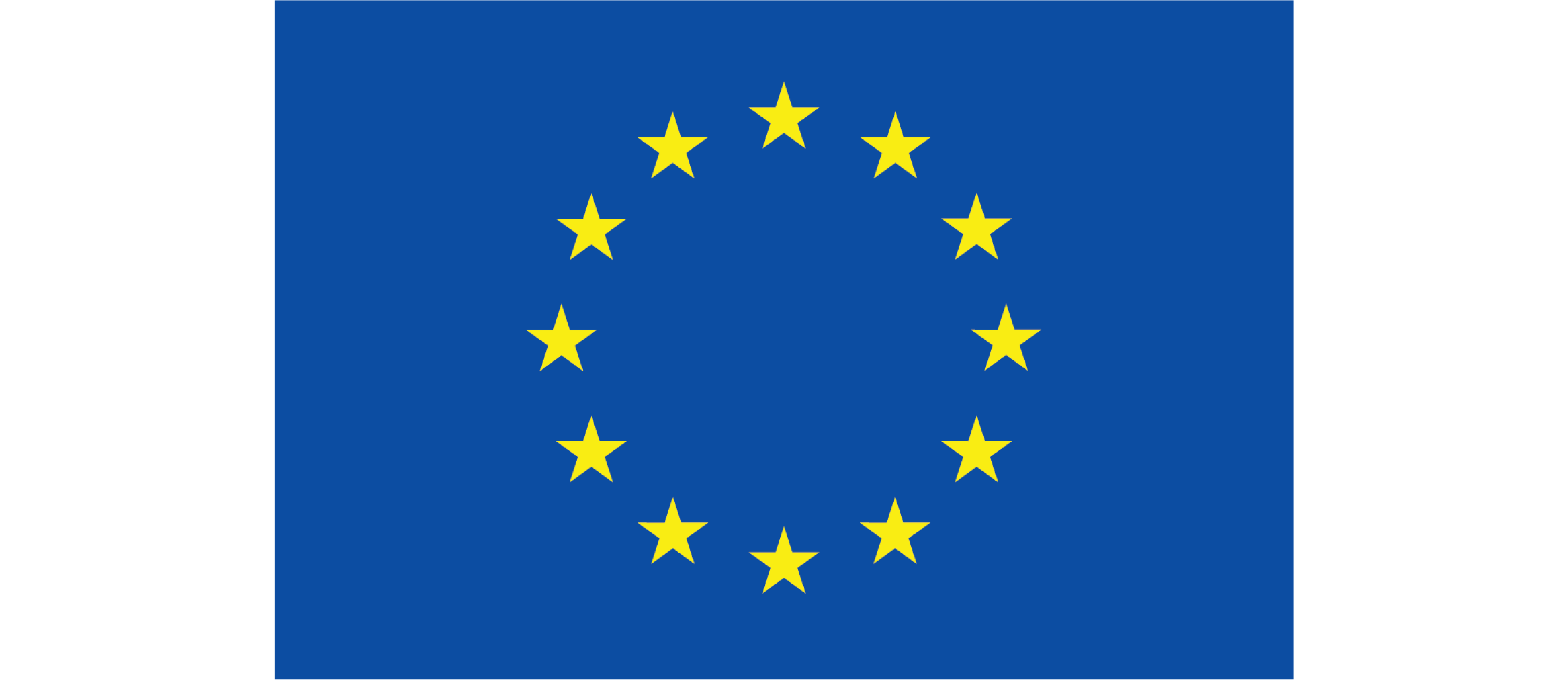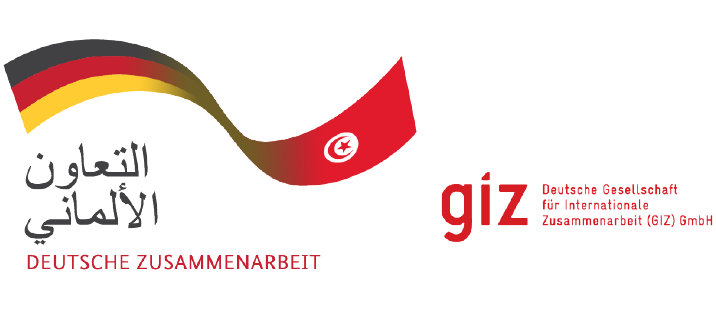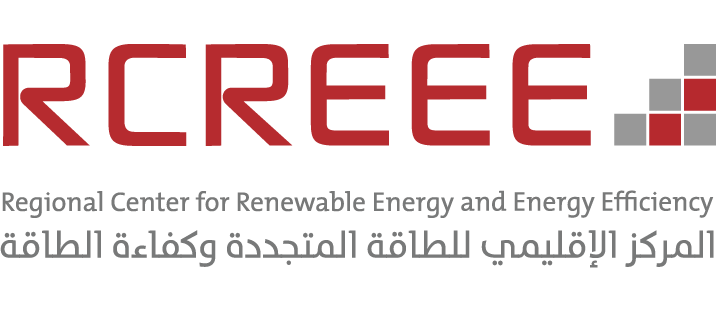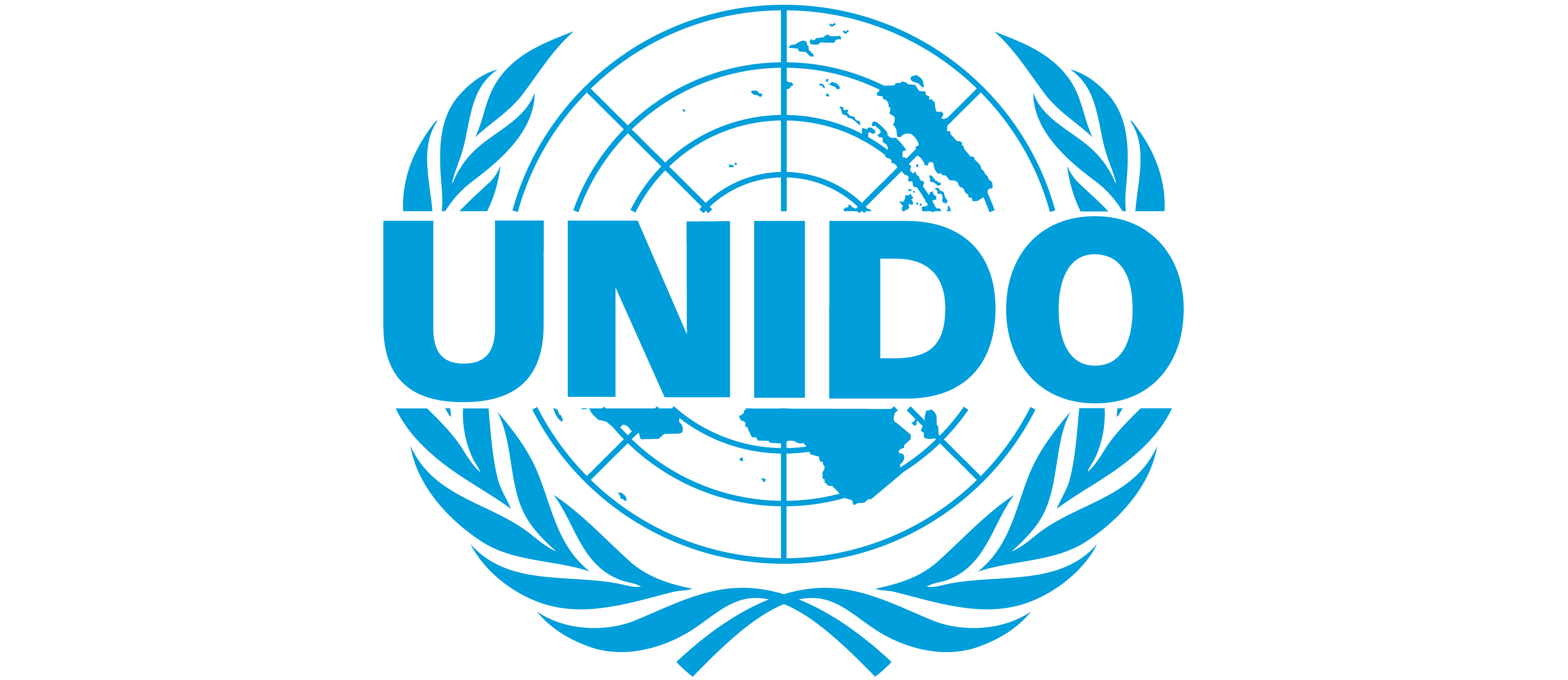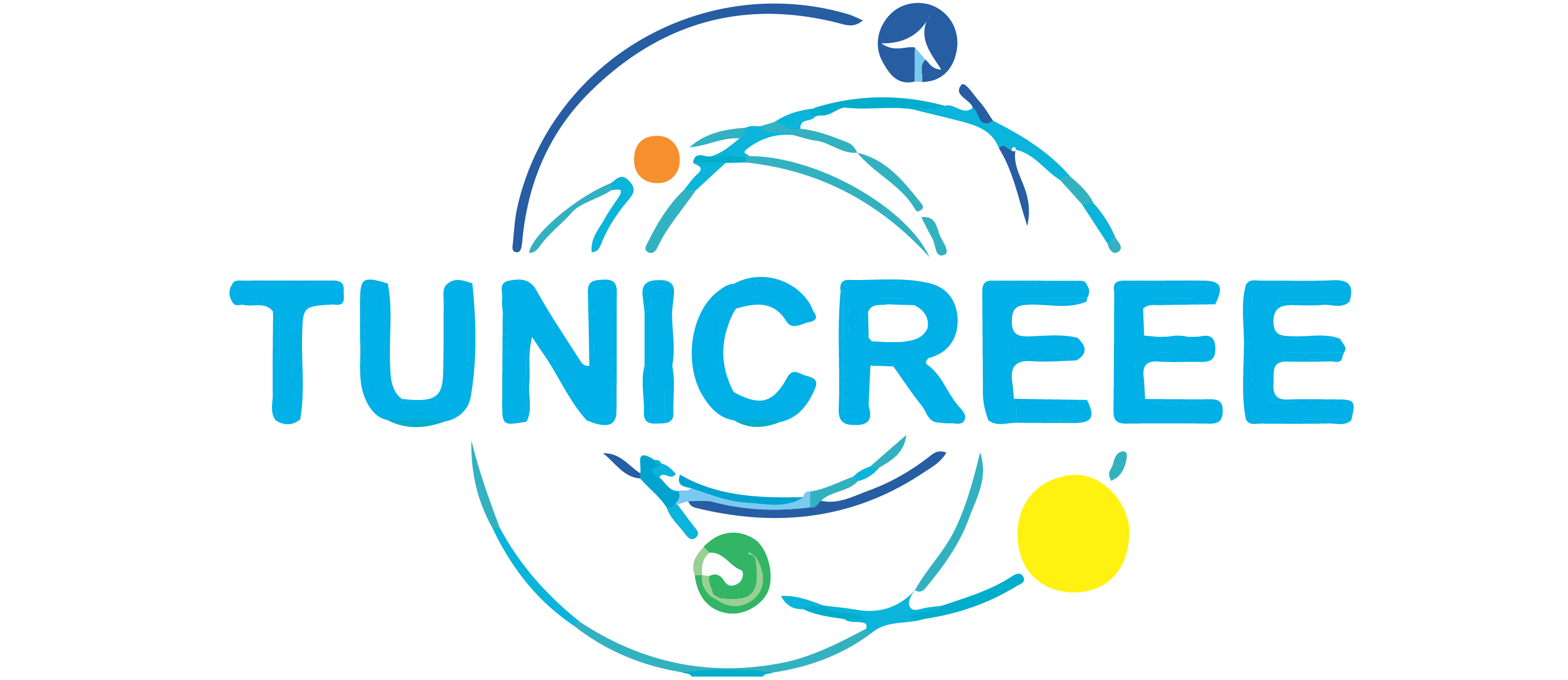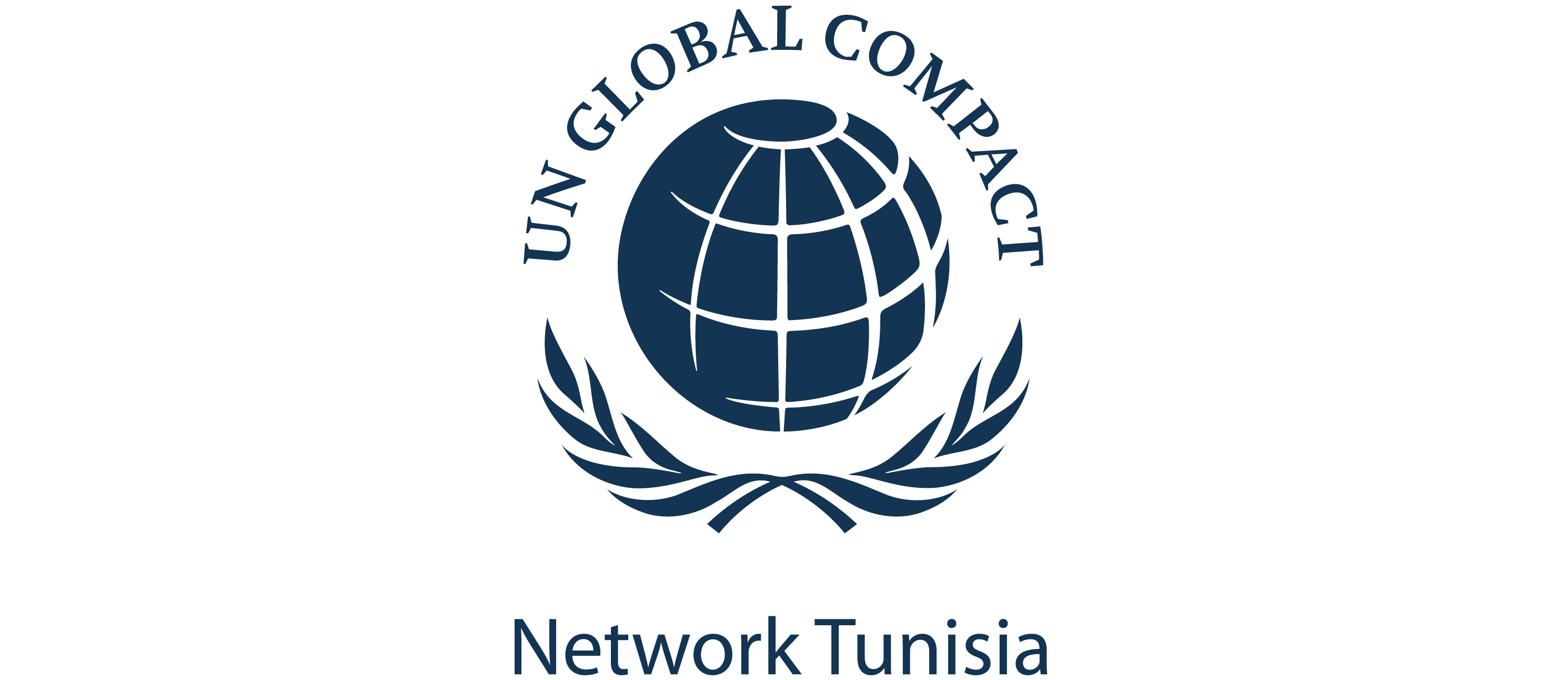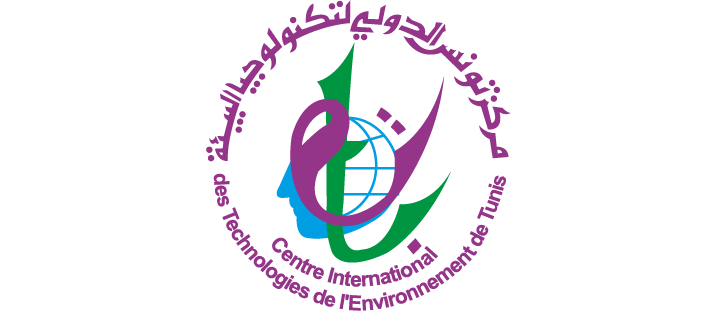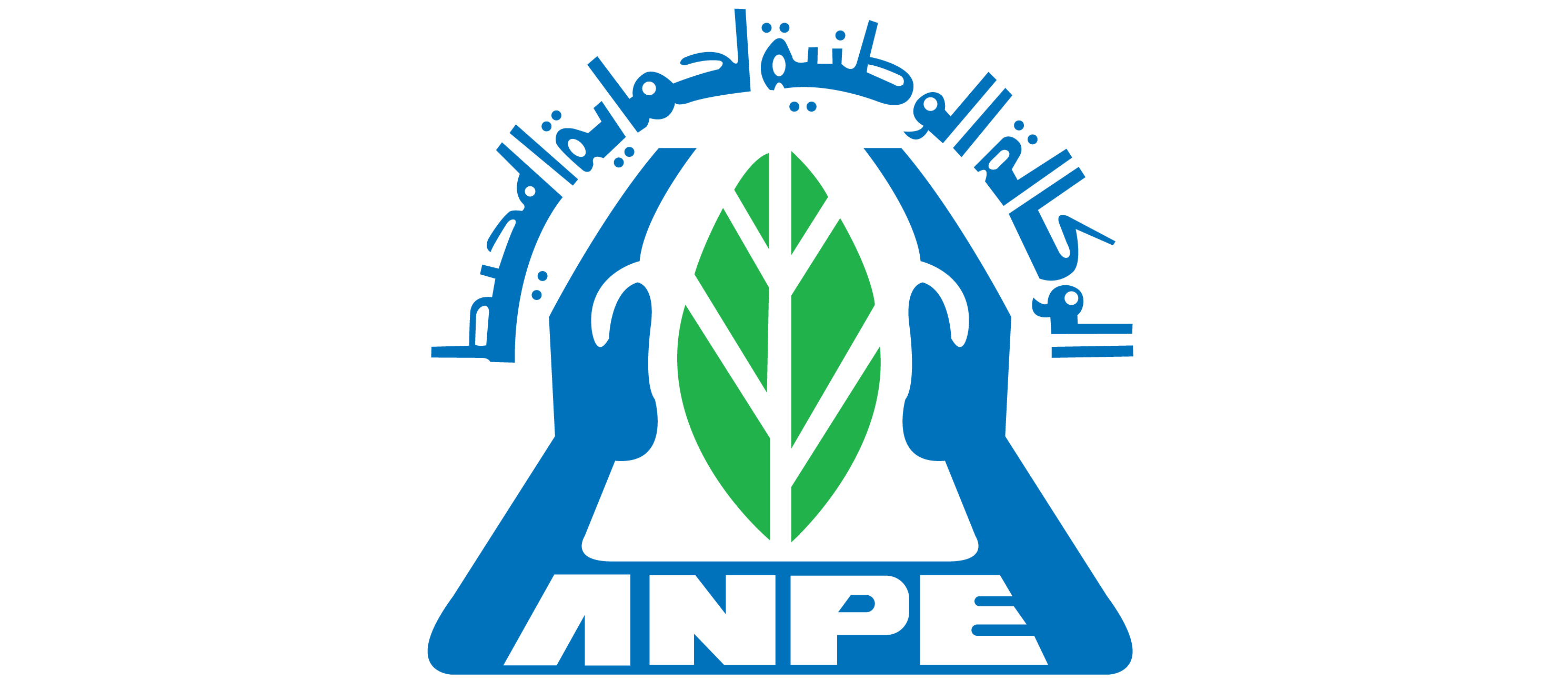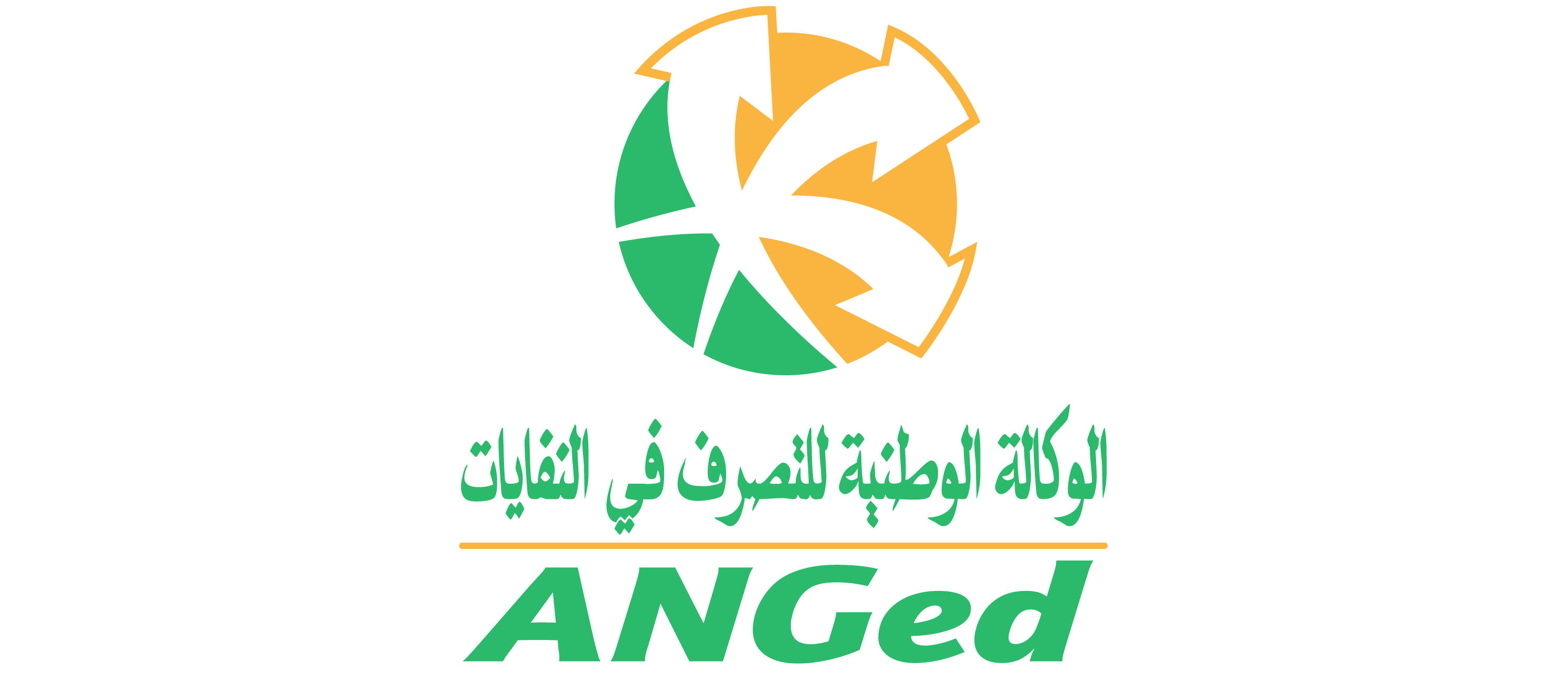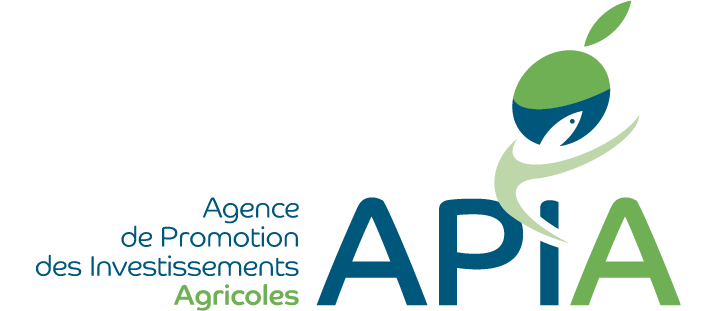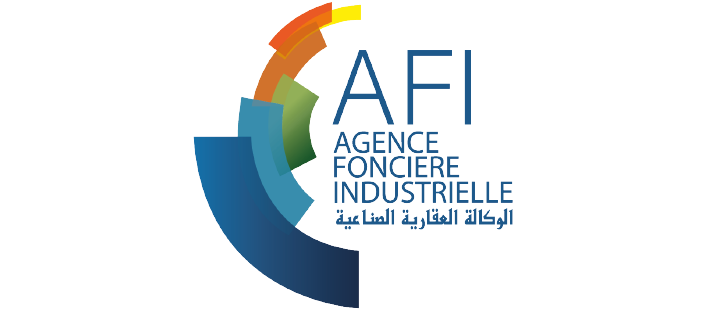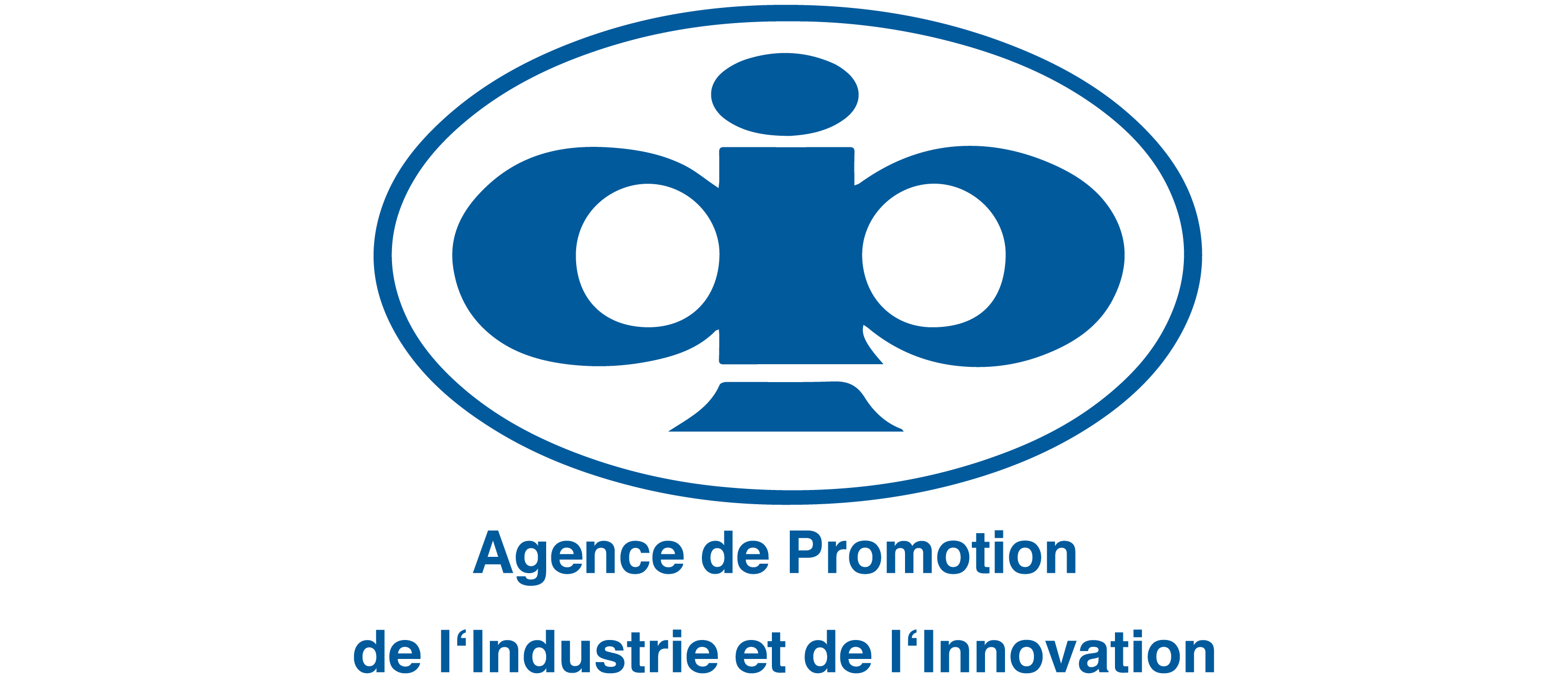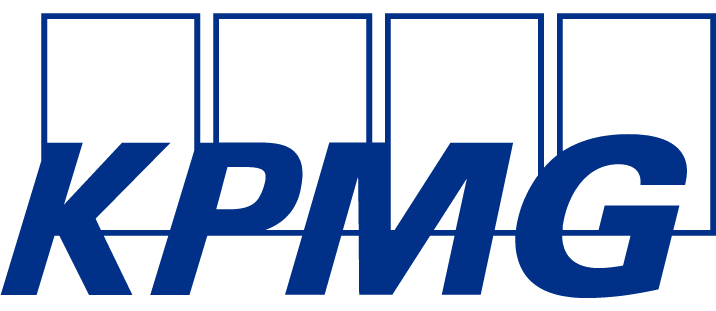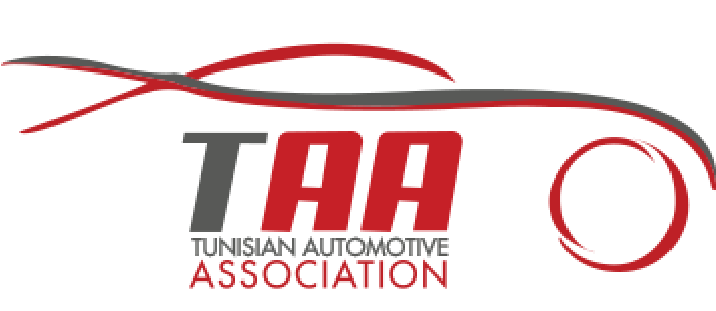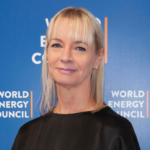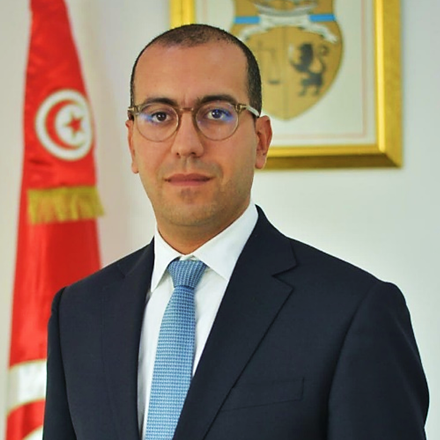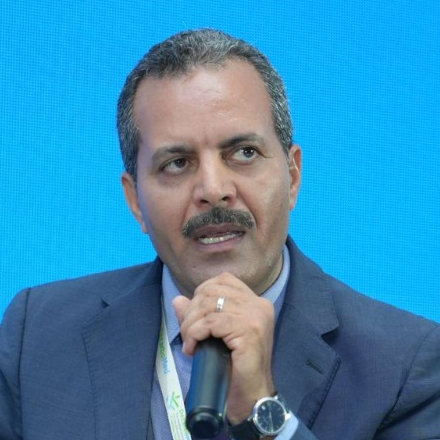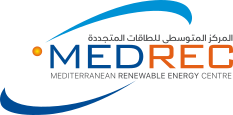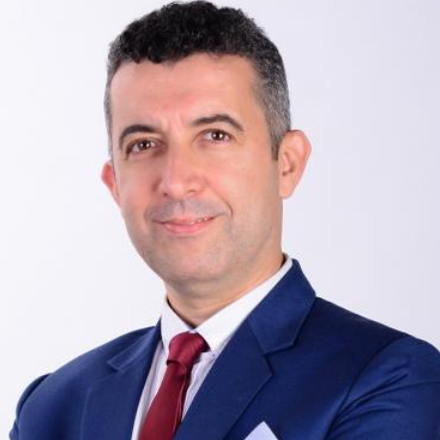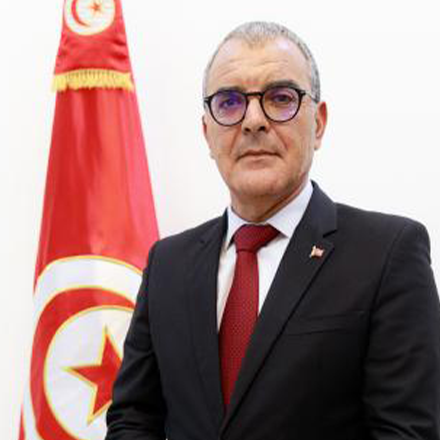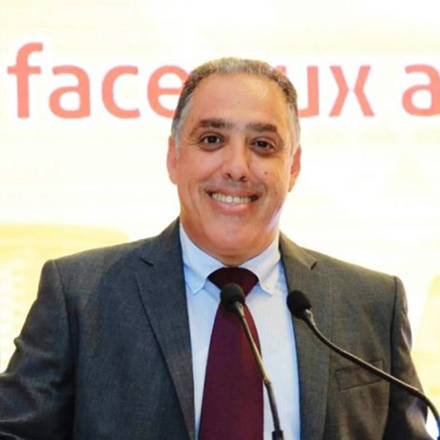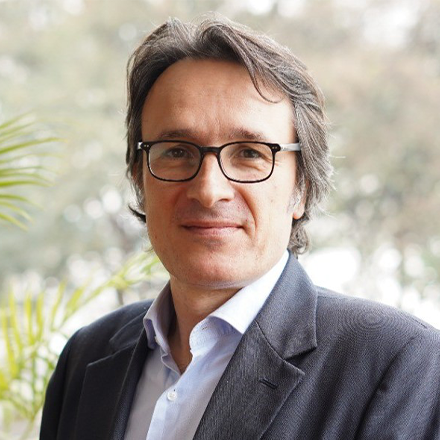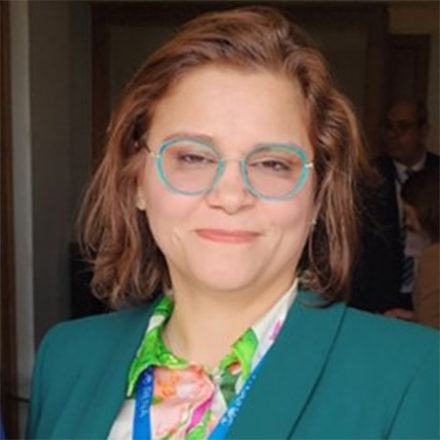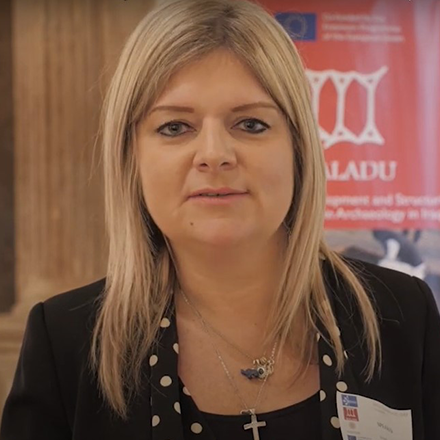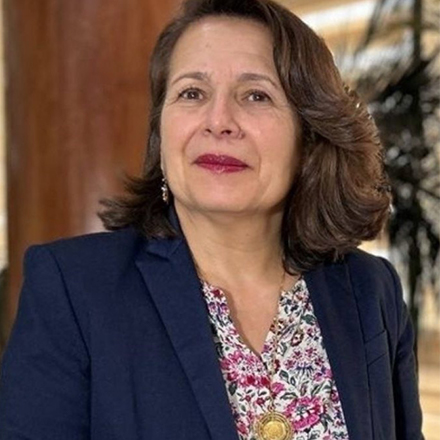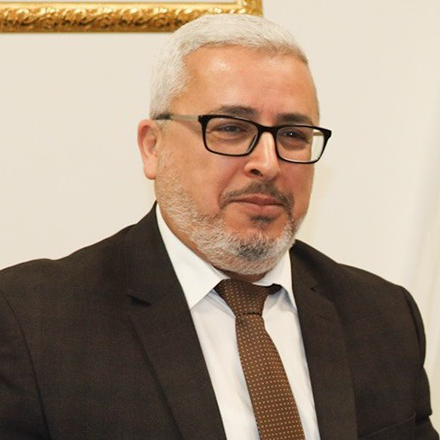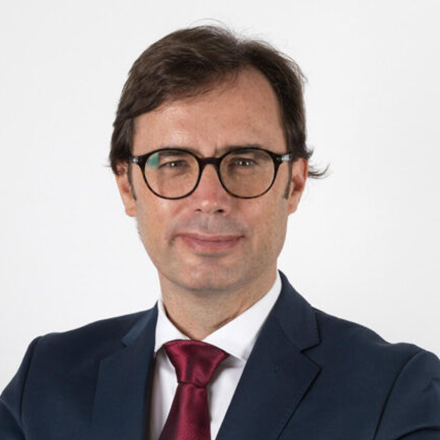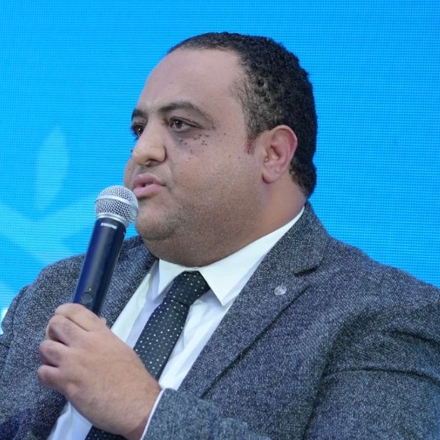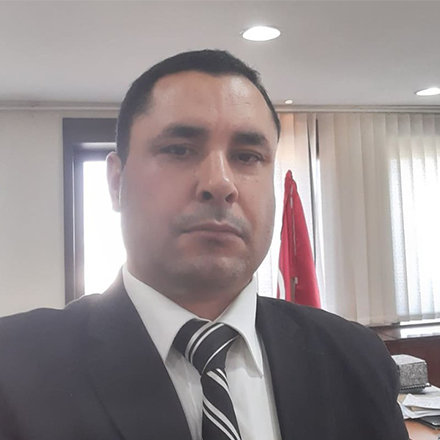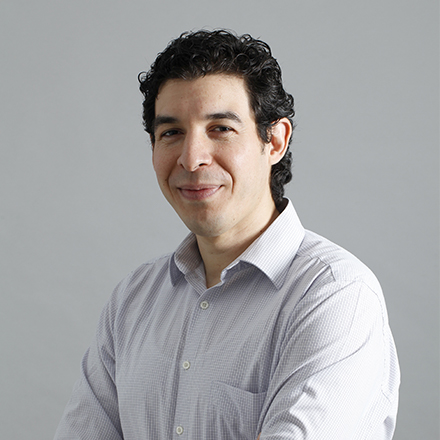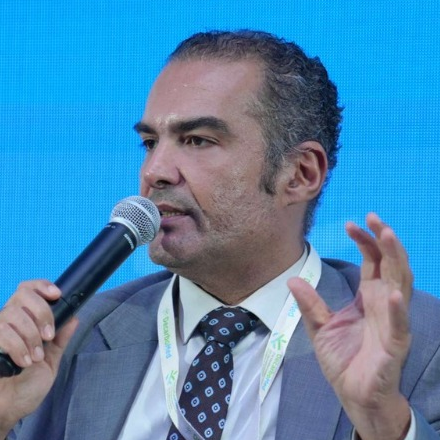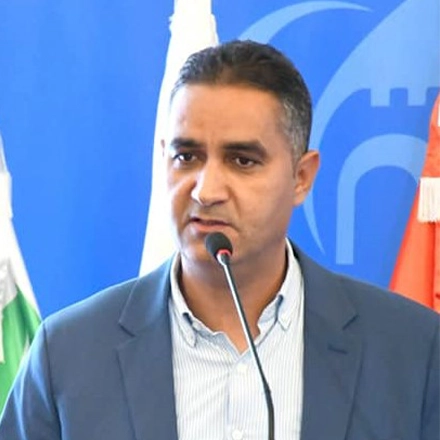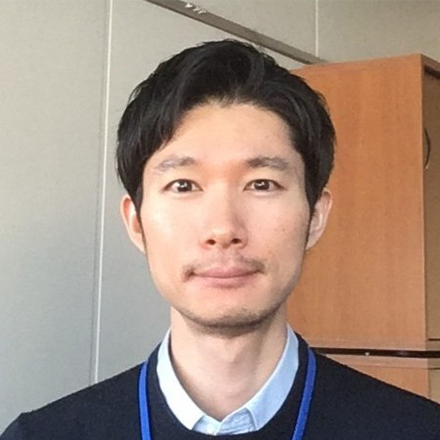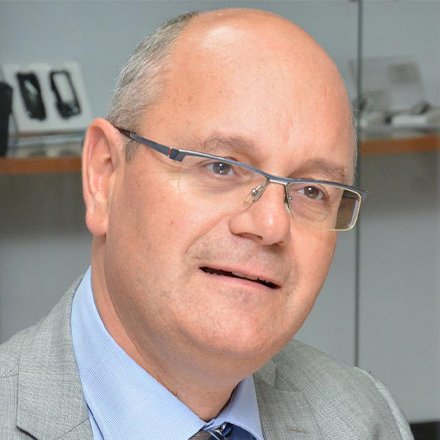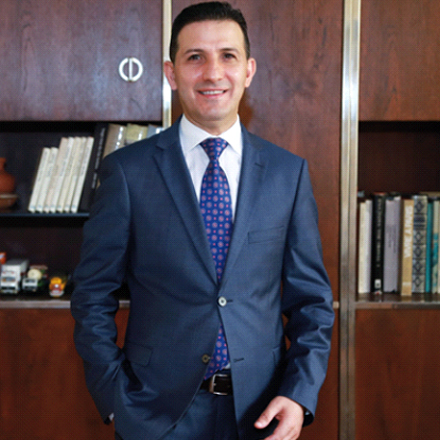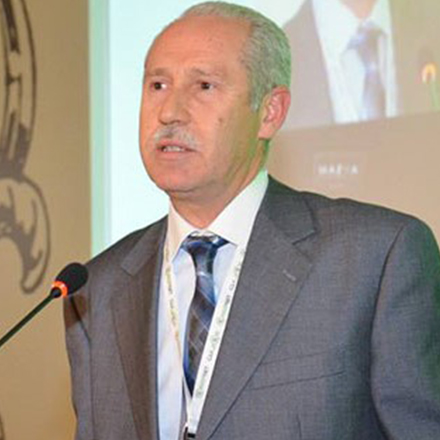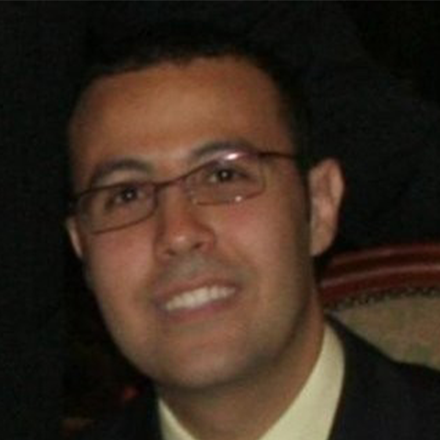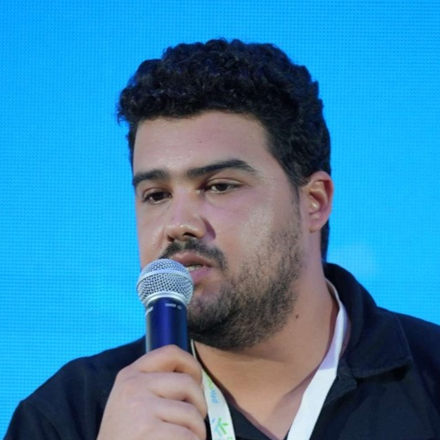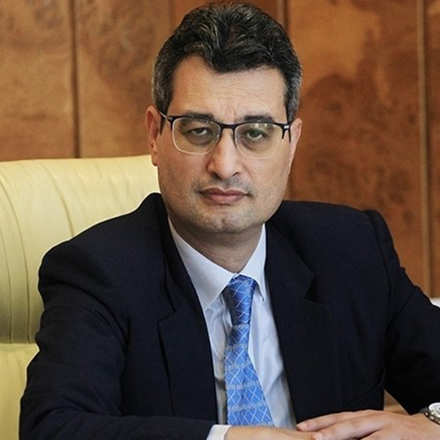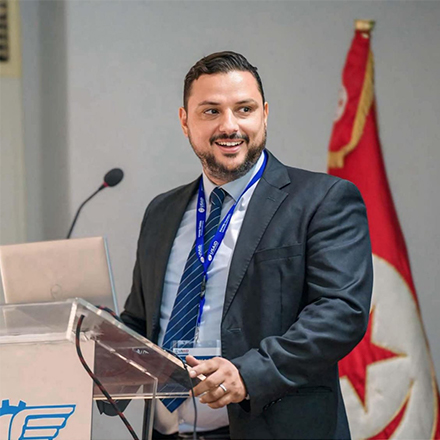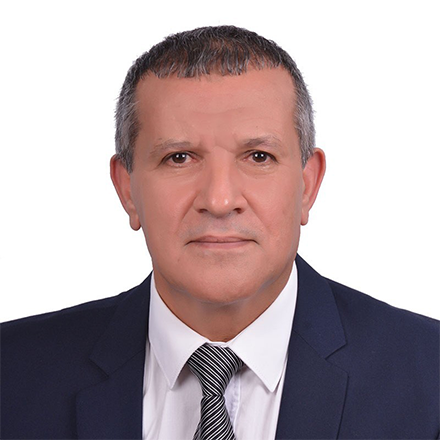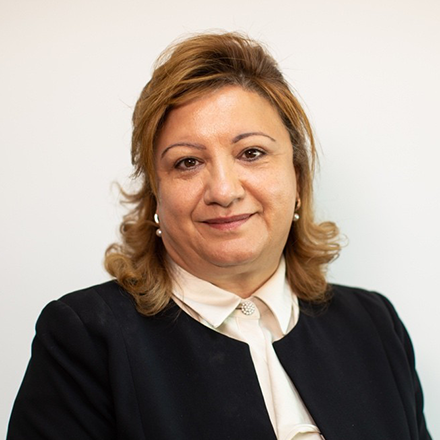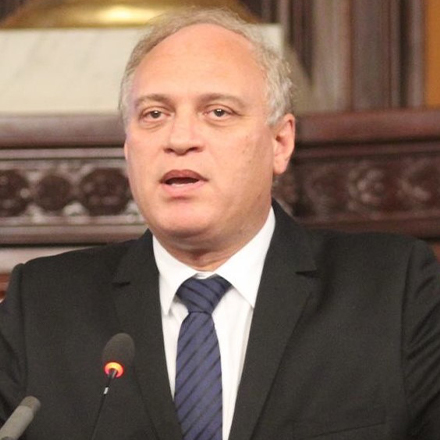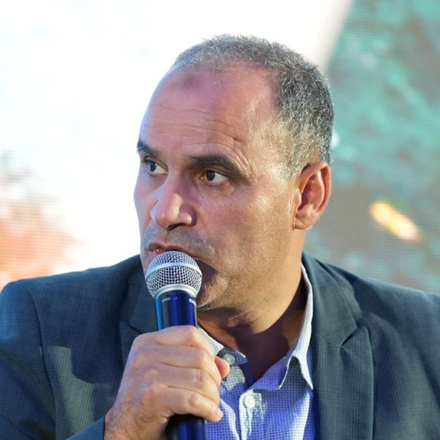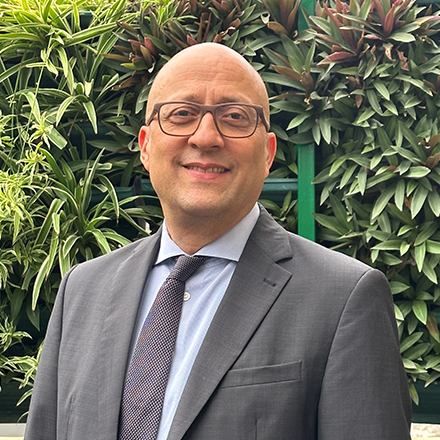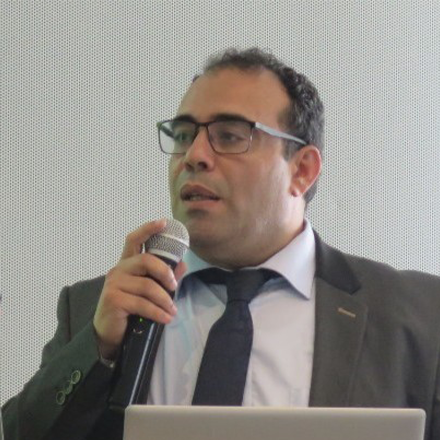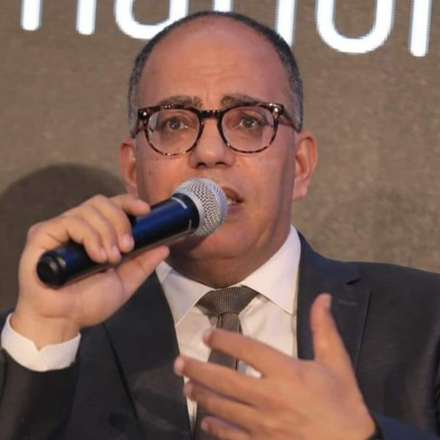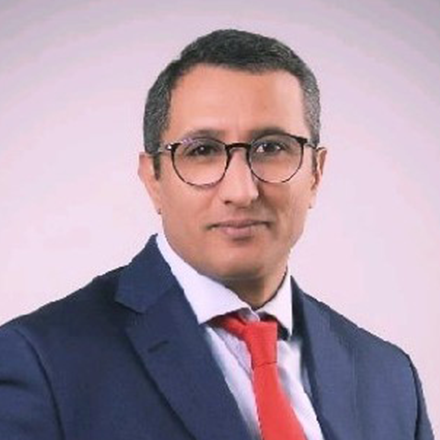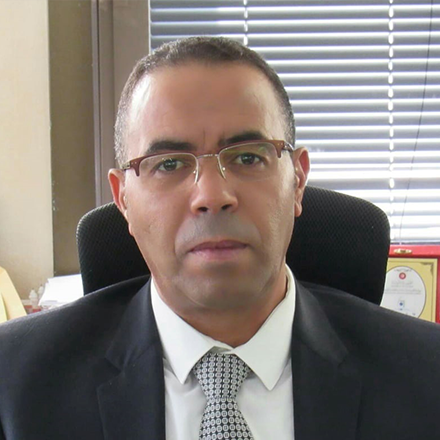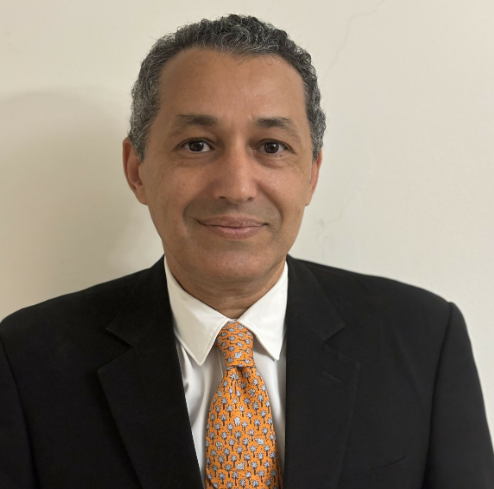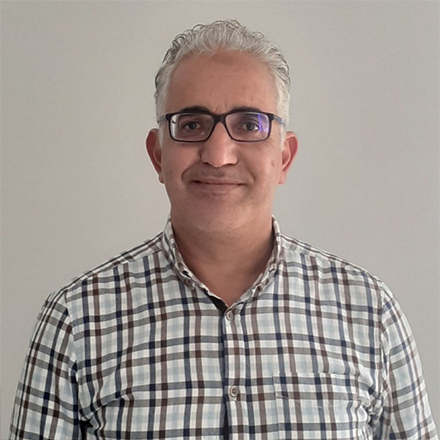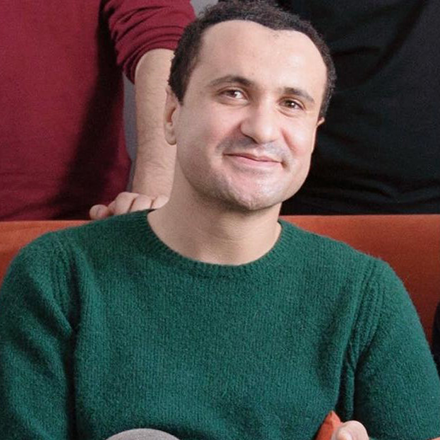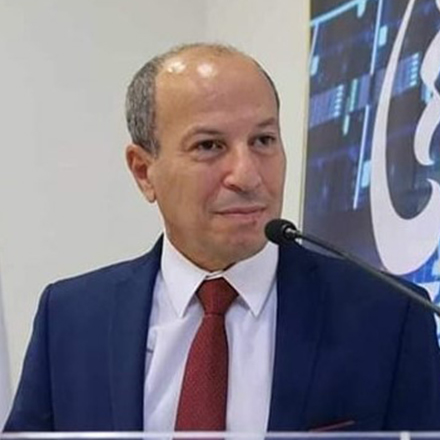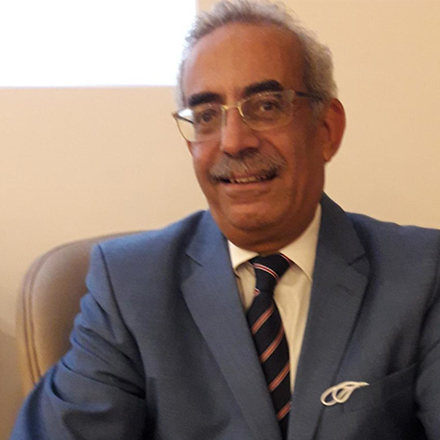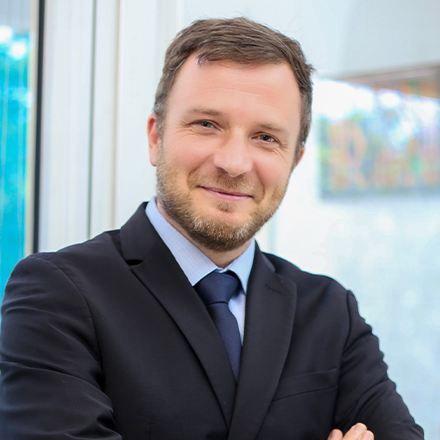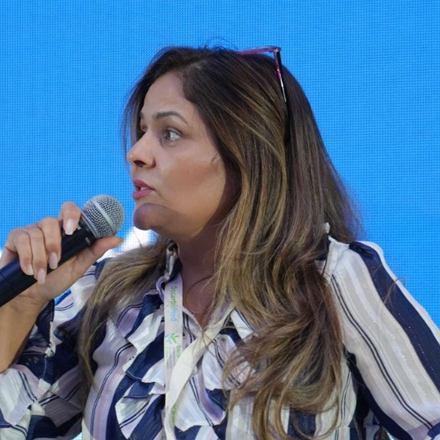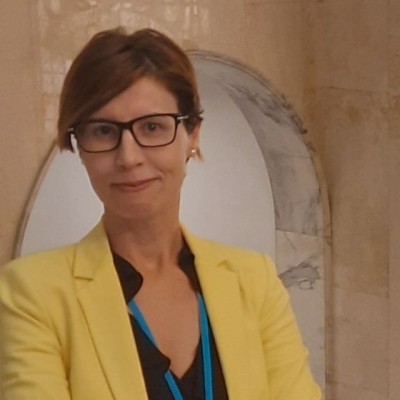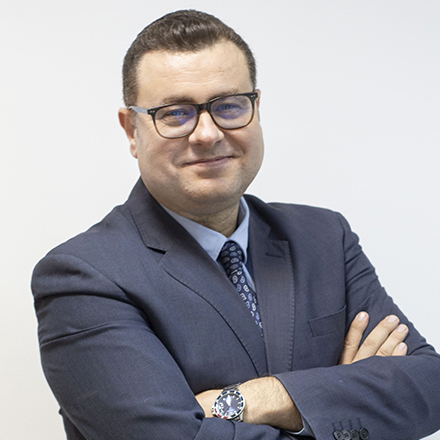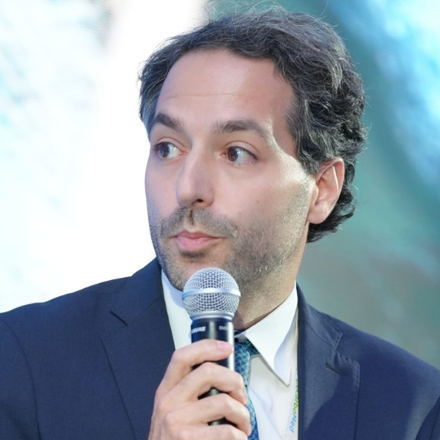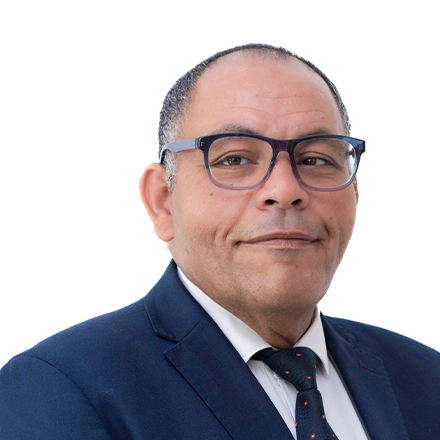Reception and Registration
Welcome Address
Official Opening
Keynote Speeches
Announcing the Launch of the DecarboACT Platform
Booth Visits and Media Statements / Coffee Break
Plenary Session 1:
Regional Policies for Ecological Transition and Decarbonization
This session will address the challenges and regional experiences in implementing energy transition policies as a solution for decarbonization, as well as national strategies for energy and climate transition.
- Climate Policy in Tunisia: Between Realism and Ambition
- Implementation of Energy Transition Policies: Regional Experiences and Challenges
- National Energy and Climate Transition Policies
- Link between Energy Transition and Decarbonization
- Regional Initiatives for Decarbonization in the Mediterranean
- Challenges of Decarbonization in Tunisia
- Role of the Private Sector in Decarbonization and Energy Transition
Plenary Session 2:
International Framework for Decarbonization
This session will cover the international framework of climate change, energy transition, and decarbonization.
- Decarbonization Status
- Climate Policies: EU Country Commitments and Their Implications for Southern Mediterranean Countries (e.g., climate challenges: carbon neutrality, MACF)
- Legal Framework for Decarbonization: International Requirements
- Cross-border Decarbonization Initiatives: Approach, Instruments, and Objectives
Signing of Agreements
ANME / ADEME / RACE TO ZERO
Lunch Break
Session 3
Energy Efficiency and Renewable Energy: Opportunities for the Transition to a Carbon-Neutral Mediterranean
This session will address the crucial role of energy efficiency and renewable energy in the transition towards a carbon-neutral Mediterranean. Panelists will discuss best practices, technological innovations and the positive economic and environmental impacts associated with these technologies in the Mediterranean region
- Energy efficiency: Pillar of decarbonization in the Mediterranean
- New technologies: Towards more efficient energy production
- Role of solar photovoltaic in decarbonization in the Mediterranean region
- Mixed PV production and cogeneration : Synergies and advantages
- Economic models and financing to support photovoltaic self-consumption (e.g.: PROSL ELEC, PROSL ELEC-social-economic, TEEP…)
- Technological development in the field of photovoltaics: New trends and advances
Session 4
Electromobility in the Mediterranean: Towards Decarbonized and Sustainable Mobility
This session will explore the challenges and opportunities of electromobility in the Mediterranean, focusing on technological trends, necessary infrastructure, supportive public policies, and regional collaborations for sustainable mobility in the region.
- Smart Electromobility: Evolution of Trends and Infrastructure Challenges
- Promoting Electromobility in the Mediterranean: Objectives and Strategies
- Public Policies and Incentives to Boost the Adoption of Electromobility
- Regional Collaboration for Decarbonized Mobility: Examples of Best Practices
- Technology and Innovation in Electric and Hybrid Vehicles
Coffee Break
Session 5
Circularity: A Catalyst for Decarbonization
This session will explore how the circular economy can serve as a catalyst for decarbonization in the Mediterranean region, focusing on innovations, policies, and collaborations needed to transform economic models toward a more sustainable and climate-friendly approach.
- Concept and Importance of the circular economy
- Levers to make the circular economy a driver of decarbonization
- Technological innovations and practical solutions in the circular economy
- Policies and regulations favoring the circular economy in the Mediterranean
- Case studies of successful circular economy initiatives in reducing carbon emissions
- Public-private collaboration to promote the circular economy and achieve climate goals
- Public education and awareness about the benefits of the circular economy for decarbonization
End of the first day
Session 6
Financing Decarbonization: Solutions and Initiatives
This session will explore the crucial role of international financial institutions in supporting decarbonization initiatives, examining government policies, emissions trading mechanisms, and innovative financing approaches necessary to accelerate the transition to a low-carbon economy in the Mediterranean and beyond.
- Role of national and international financial institutions in supporting decarbonization initiatives and financing options for decarbonization projects
- Impact of government policies on decarbonization financing
- International emissions trading initiatives
- Innovative financing mechanisms for decarbonization projects
- Examples of successfully funded projects by international institutions in the Mediterranean region
- Integration of ESG (Environmental, Social, Governance) criteria into financing strategies for decarbonization
Coffee-Break
Session 7
Green Hydrogen: Challenges, Opportunities, and Role in the Low-Carbon Transition
This session will explore the challenges, opportunities, and the crucial role of green hydrogen in the transition to a low-carbon economy in the Mediterranean, highlighting technological innovations, successful regional experiences, and the strategies needed to promote this clean and sustainable energy source.
- Green Hydrogen: Technologies and Innovation
- Strategy and roadmap for green hydrogen deployment
- Case studies of successful green hydrogen deployment in the Mediterranean
- Financing and economic models to support green hydrogen production
- Opportunities for the Mediterranean
- GCT’s experience in green ammonia production
Session 8
The Role of Research and Development in Decarbonization: A Key Challenge for the Mediterranean Region
This session will explore the critical importance of research and development in combating climate change and decarbonizing the Mediterranean region, with contributions from panelists representing academic institutions, research centers, and international organizations such as Plan Bleu. Discussions will focus on identifying best practices, challenges to overcome, and opportunities to accelerate innovation in clean energy in this strategic region.
- Current state of research and development (R&D) in decarbonization worldwide
- Training and skill development in R&D to support energy transition
- Promising R&D projects in renewable energy and energy efficiency
- Canadian Experience: Research program « Supporting innovation to develop largely decarbonized industrial processes »
- Digitalization and decarbonization
- Artificial intelligence and decarbonization (start-up experiences)
Lunch Break
Session 9
Transparent and Effective Communication
This session will address essential strategies and practices for effective communication on decarbonization in the Mediterranean region, focusing on public sector engagement, the importance of MRV (Monitoring, Reporting, and Verification) systems, information transparency, and the socio-economic impact of climate initiatives. The diversity of panelists will provide a range of perspectives and concrete examples to inspire coordinated and concrete actions.
- The importance of standardization in communication and transparency
- Best practices for communicating the carbon footprint of establishments: Case presentations and recommendations
- Socio-economic impact of decarbonization measures: Benefits and opportunities
- Use of digital technologies to facilitate MRV
- Intersectoral collaboration in climate communication: Government, businesses, and civil society
- Carbon accounting: Balance sheets and carbon footprint
Coffee-Break
Closing Session
Summary and recommendations by ANME / UTICA / EU / UNDP / GIZ
Announcing the 2nd Edition of DecarboMed 2025 to be Held in Algeria
DecarboMed Reporters
- Dr. Ines KHALIFA: Ph.D. in Industrial Engineering, specializing in Energy Systems énergétiques
- Dr. Souha FERCHICHI: Ph.D. in Mechanics, specializing in Energy System
- Dr. Ilhem BEN SALAH: Ph.D. in Water Chemistry and the Environmentt
Abreviations
| ANME | National Agency for Energy Management |
| UTICA | Tunisian Union of Industry, Commerce and Handicrafts |
| PNUD | United Nations Development Programmet |
| APRUE | Algerian National Agency for the Promotion and Rationalization of Energy Use |
| ADENE | Portuguese Agency for Energy |
| ADEME | French Agency for Energy Transition |
| IDAE | Spanish Institute for Diversification and Energy Savings |
| MEDREC | Mediterranean Renewable Energy Centre |
| RCREEE | Regional Center for Renewable Energy and Energy Efficiency |
| MEDENER | Mediterranean Association of National Agencies for Energy Management |
| IRENA | International Renewable Energy Agency |
| OMEC | Mediterranean Energy and Climate Organization |
| RACE TO ZERO | |
| WEC | World Energy Council |
| ESCWA | United Nations Economic and Social Commission for Western Asia |
| UNIDO | United Nations Industrial Development Organization |
| USAID | U.S. Agency for International Development |
| UN GLOBAL COMPACT | Global Compact Network Tunisia |
| CBF | Banking and Financial Consulting |
| TUNICREEE | Tunisian Cluster for Renewable Energies and Energy Efficiency |
| CITET | International Center for Environmental Technologies of Tunis |
| ANPE | National Agency for Environmental Protection |
| ANGED | National Agency for Waste Management |
| APII | Agency for the Promotion of Industry and Innovation |
| AFI | Industrial Land Agence |
| APIA | Agency for the Promotion of Agricultural Investments |
| TAA | Tunisian Automotive Association |
| AFD | French Development Agencyt |

